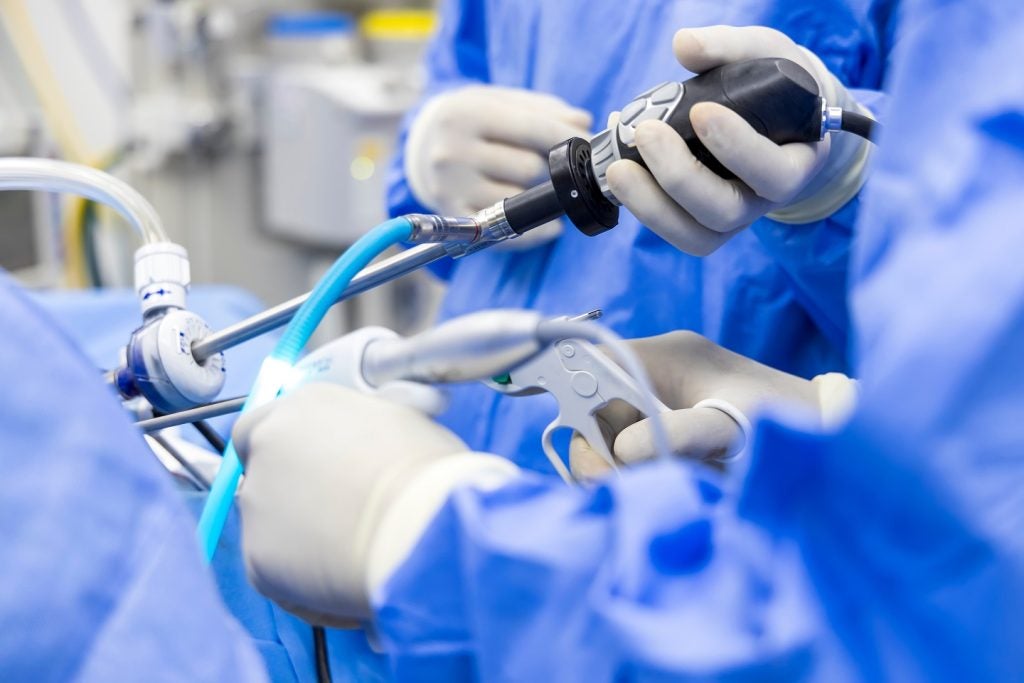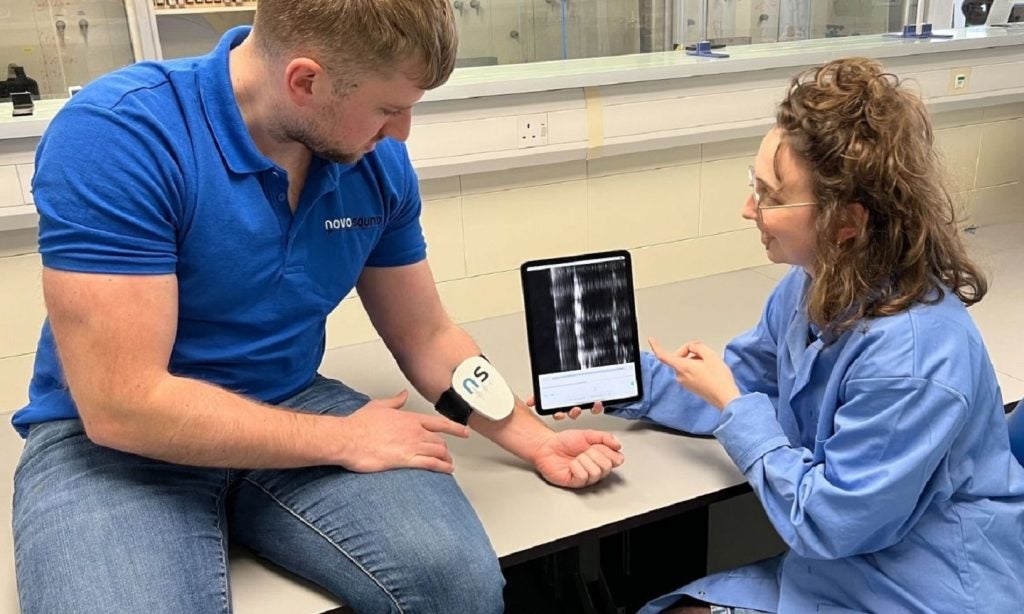Abbott has received a CE Mark for its Assert-IQ insertable cardiac monitor (ICM), which is set to provide physicians with a new tool for diagnostic evaluation along with long-term irregular heart rhythm monitoring.
The Assert-IQ ICM, part of Abbott's portfolio of connected health devices, can detect arrhythmias that may lead to symptoms like fainting and shortness of breath.
Designed to be inserted under the skin of the chest with a minimally invasive procedure, the Assert-IQ ICM allows patients to continue their daily activities while it continuously monitors heart rhythms.
It uses Bluetooth technology to connect to a transmitter, typically the patient's mobile phone, checking heart rhythms every 20 seconds and sending important data to the clinic's portal.
The Assert-IQ is claimed to offer the world’s longest battery life with options for at least three or six years of monitoring.
The three-year version is ideal for traditional monitoring needs while the six-year version caters to those requiring extended observation for arrhythmia risks.
Both versions feature advanced algorithms to detect irregular heartbeats and provide actionable clinical data.
Abbott cardiac rhythm management business chief medical officer and medical affairs divisional vice-president Leonard Ganz said: “As the prevalence of abnormal heart rhythms rises, physicians increasingly rely on ICM technology to diagnose various heart conditions.
“Introducing Assert-IQ in Europe will expand access to transformative benefits of long-term monitoring and more clinically relevant information, and allow care providers to make clinical decisions faster and with more precision.”
The Assert-IQ ICM also incorporates improved algorithms that enhance data accuracy and reduce data overload.
Earlier this year, the US Food and Drug Administration (FDA) granted approval to expand MRI labelling for Abbott‘s Proclaim DRG neurostimulation system.















